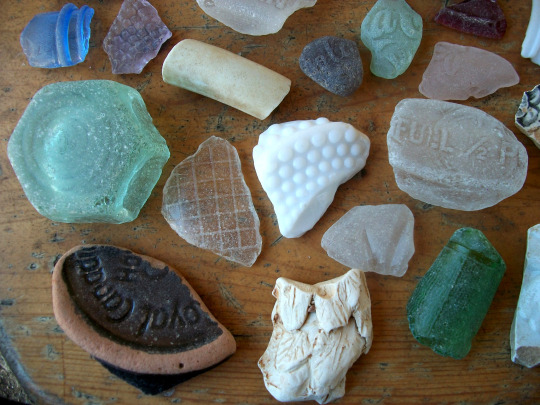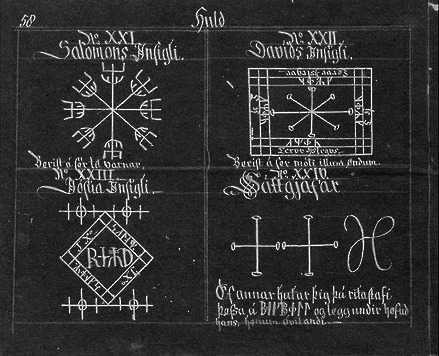Don't wanna be here? Send us removal request.
Photo

Henri Matisse’s studio, Hotel Regina, Nice, 1948
583 notes
·
View notes
Photo

Enzo Mari, Proposta per un'autoprogettazione, [Corraini Edizioni, Mantova], (1974-)2002 [© Archivio Enzo Mari, Comune di Milano, CASVA. Photo: © Gianluca Di Ioia]. From: Enzo Mari curated by Hans Ulrich Obrist with Francesca Giacomelli, Triennale, Milano, October 17, 2020 – September 12, 2021
368 notes
·
View notes
Photo




Some words and neat textures and colors on tumbled glass and pottery from the creek. A couple of these are over 100 years old, like the “Cola” piece from a brown straight-sided Coca Cola bottle.
The brown pottery fragment would have said “Royal Canadian Pottery” and was most likely the bottom of a teapot like this one on eBay. Not very old but still neat!
3K notes
·
View notes
Photo

Occupy Parking Lots (with Persian Rugs), 2012
Joshua Citarella
13K notes
·
View notes
Photo


In 1967, using cardboard and wood that he found on the streets, Robert Coutelas (1930-1985) began his “Cartes” a series of playing-card-sized paintings with rounded corners The cards, like tarot cards were covered in mystical, symbolic designs. Though he courted commercial success by exhibiting and entering competitions he always abandoned it.
In 1973 Robert won a contest run by the playing-card maker Grimaud but he refused to have his works marketed by them, a gallery offered to sell them if he created larger versions and Andre Malraux, former French Minister of Cultural Affairs, showed interest in 1975, Coutelas was told to write to him, he didn’t.
via art room plant
2K notes
·
View notes
Photo






Attestation of Vegvísir in the Huld Manuscript. The Huld Manuscript is the name given to the book of collected Icelandic staves and spells, compiled by Geir Vigfusson in the 19th Century. Huld is the name of a völva in the Ynglinga and Sturlunga Sagas, who practiced Seiðr magic. A later Icelandic tale by Snorri Sturlusson tells us that she was a mistress of Odin, and mothered two demi-goddesses by him, who were named Þorgerðr and Irpa. If we look at the etymology, “Huld” means “Hidden” or “Secret” and is derived from Old Norse “Hulda”. This root is seen in many other words in Germanic lore.
9K notes
·
View notes
Photo

Yasuhiro Ishimoto, Exhibition, Photography, The Huntington, San Marino, United-States
83 notes
·
View notes











